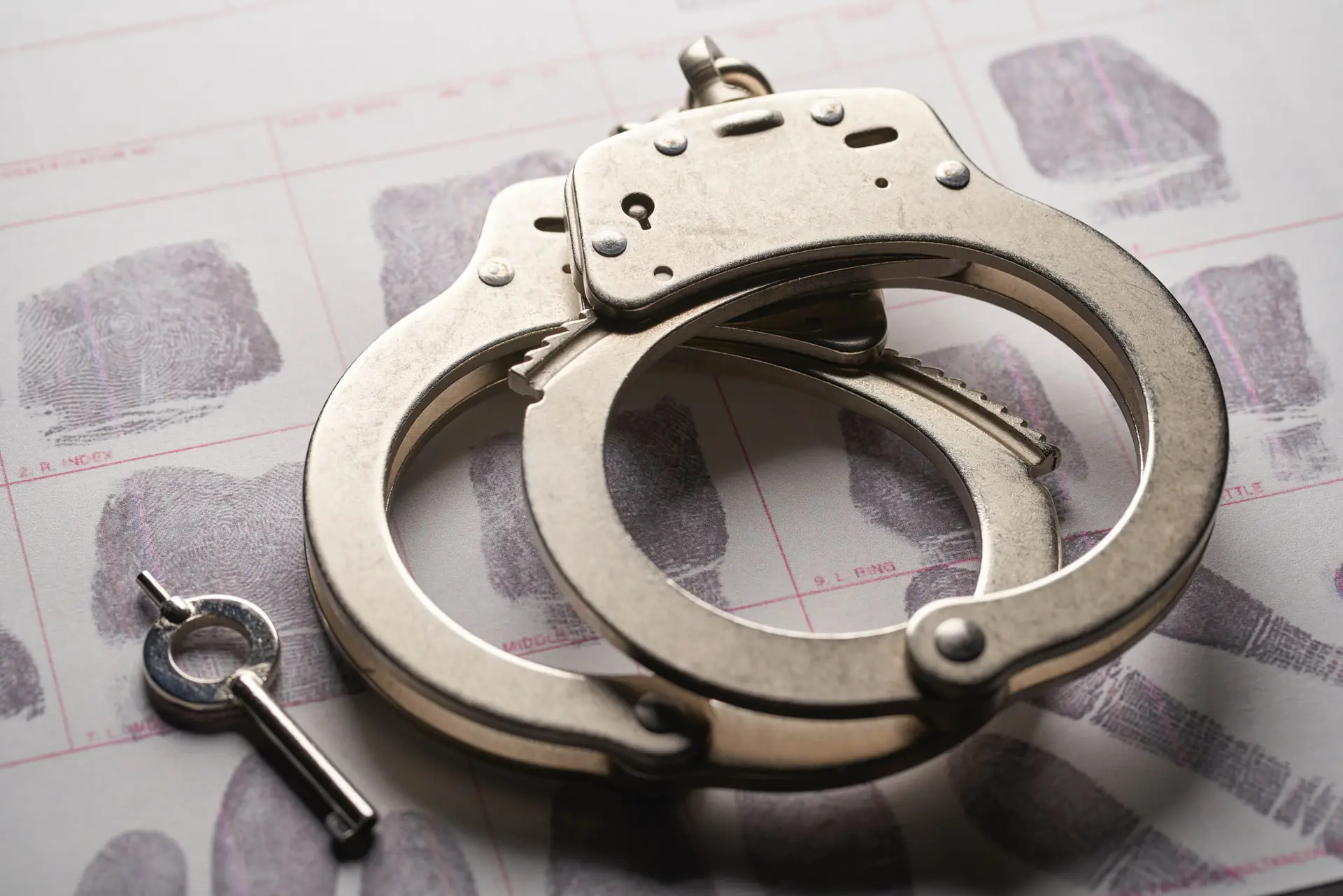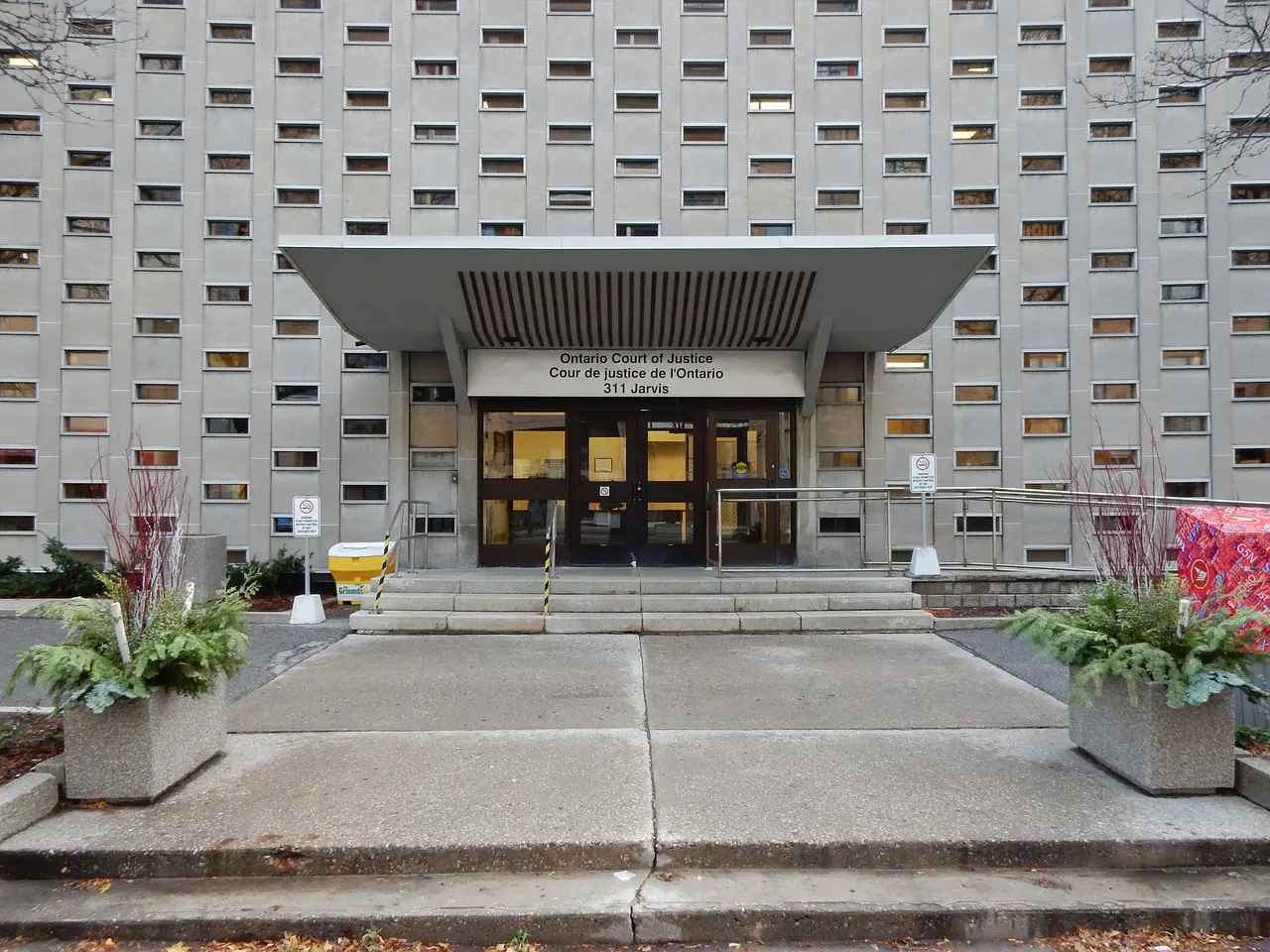Most Canadians want to believe that the police only arrest those who they reasonably believe to have committed a crime.
Section 9 of the Canadian Charter of Rights and Freedoms guarantees states that citizens, residents, and newcomers alike have the right not to be arbitrarily detained or imprisoned, and this means that police officers must have reasonable grounds to believe someone has committed or is about to commit an offence before they place them under arrest.
Unfortunately, unlawful arrest in Canada is a real problem. The recent story of Mamadi III Fara Camara shows that the police do not always due their due diligence before placing people under arrest, and the Ontario Human Rights Commission has found that racial profiling remains a serious issue in Canadian policing.
This means that Canadians need to be aware of the reality of unlawful arrest, and prepared to protect their civil rights in the event it happens to them.
What is Unlawful Arrest?
The best unlawful arrest definition is that an unlawful arrest is one in which a person is intentionally and totally confined against their will and without lawful justification.
The key phrase here is “lawful justification” — if the police arrest someone who turns out to be innocent, but they had reasonable grounds to believe the person was involved in a crime or was about to commit a crime, that does not count as unlawful arrest. It is a lawful arrest that resulted in a not-guilty verdict.
An unlawful arrest in Canada is one in which the police did not have reasonable grounds, or did not follow the proper procedures. Section 10 of the Charter of Rights and Freedoms guarantees that anyone who has been arrested is entitled to:
- Be informed promptly of the reason for their arrest
- Be allowed to retain legal counsel without delay, and to be informed of that right
- To have the validity of their detention determined by being brought before a judge or court, and to be released if the detention is found to be unlawful
The police cannot simply arrest someone on a hunch, and it is for a judge or court — not the police department — to decide whether there is good reason for the person to continue to be detained. Within 24 hours of the charges being laid, the accused must have a bail hearing, and has the right to have a Toronto bail lawyer present at the hearing to represent their interests.
If these procedures are not followed, an unlawful arrest has taken place.

Credit: Bill Oxford Via Unsplash
How Does an Unlawful Arrest Happen?
Given that the police understand that all citizens and residents of Canada have this right, how do unlawful arrests happen?
Usually, an unlawful arrest comes down to a question of whether or not the police had “reasonable grounds” to believe that an individual had committed a crime or was about to commit a crime.
Most unlawful arrests are carried out without a warrant, and so before we can talk about what constitutes unlawful arrest, it is first necessary to explain a little about how Canadian warrants work.
Under Canadian law, there are, broadly speaking, two types of arrest, arrest with a warrant, and arrest without a warrant. They are outlined as follows:
- Arrest with a Warrant: Warrants are issued by a judge, and give officers the right to arrest an individual. There are two types of warrant:
- Bench: A bench warrant is issued when an individual charged with a crime fails to show up for a scheduled court appointment.
- First Instance: A first instance warrant is issued when the police have charged an individual but are unable to locate them.
- Arrest without a Warrant: Police can arrest without a warrant when the catch someone who has committed an offence or who they have reasonable grounds to believe is about to commit an offence, someone in the middle of perpetrating an offence, or someone who they have reasonable grounds to believe has a warrant out.
In the case of Mamadi Ill Fara Camara referenced above, the unlawful arrest happened after he had called the police to report a crime. After providing a statement and leaving the scene, he was arrested, his home was searched, and he was detained for six days. No warrant was issued for his arrest, but the police believed he was potentially guilty of the crime he had reported.
In Mr. Camara’s case, the charges were dropped due to surveillance footage — but his lawyer argued that the police did not have reasonable grounds to believe that he had committed an offence, meaning Mr. Camara was the victim of an unlawful arrest.
It is worth noting, as well, that Mr. Camara was on a temporary student visa when the arrest occurred. According to Canadian law, this doesn’t matter: students, permanent residents, and citizens are all protected under the Charter.
The same question applies when police arrest someone based on the possibility that they have a warrant in their name. Officers can only legally arrest someone they have reasonably grounds to believe may have a warrant out in their name, so that also counts as unlawful arrest.
What Should You Do If You are the Victim of Unlawful Arrest?
The first thing any Torontonian placed under arrest should do is set about finding a good Toronto criminal lawyer who can represent them at their bail hearing. The police must allow you to retain legal counsel, and if you think you have been placed under unlawful arrest, your attorney can help you explore your legal options.
Because unlawful arrest in Canada is a human rights matter, a professional criminal lawyer in Toronto who has experience working on human rights cases will be ideally positioned to help you mount a spirited defence to ensure you are released and the charges are dropped.
After an unlawful arrest in Canada, you do have the right to sue the police officer, department, or other parties involved in the incident, as Bela Kosoian did following her unlawful arrest in Montreal in 2009 (she was awarded $20,000 in damages in 2019). Such lawsuits are, however, not criminal cases, and your first priority should be clearing your name with the help of a Toronto criminal lawyer.
Canadian law guarantees us certain rights and freedoms. But if we want to claim those freedoms, sometimes we need to fight for them. And if you want a criminal defence lawyer who will help you fight back against injustice, get in touch with Jeff Reisman Law today.

